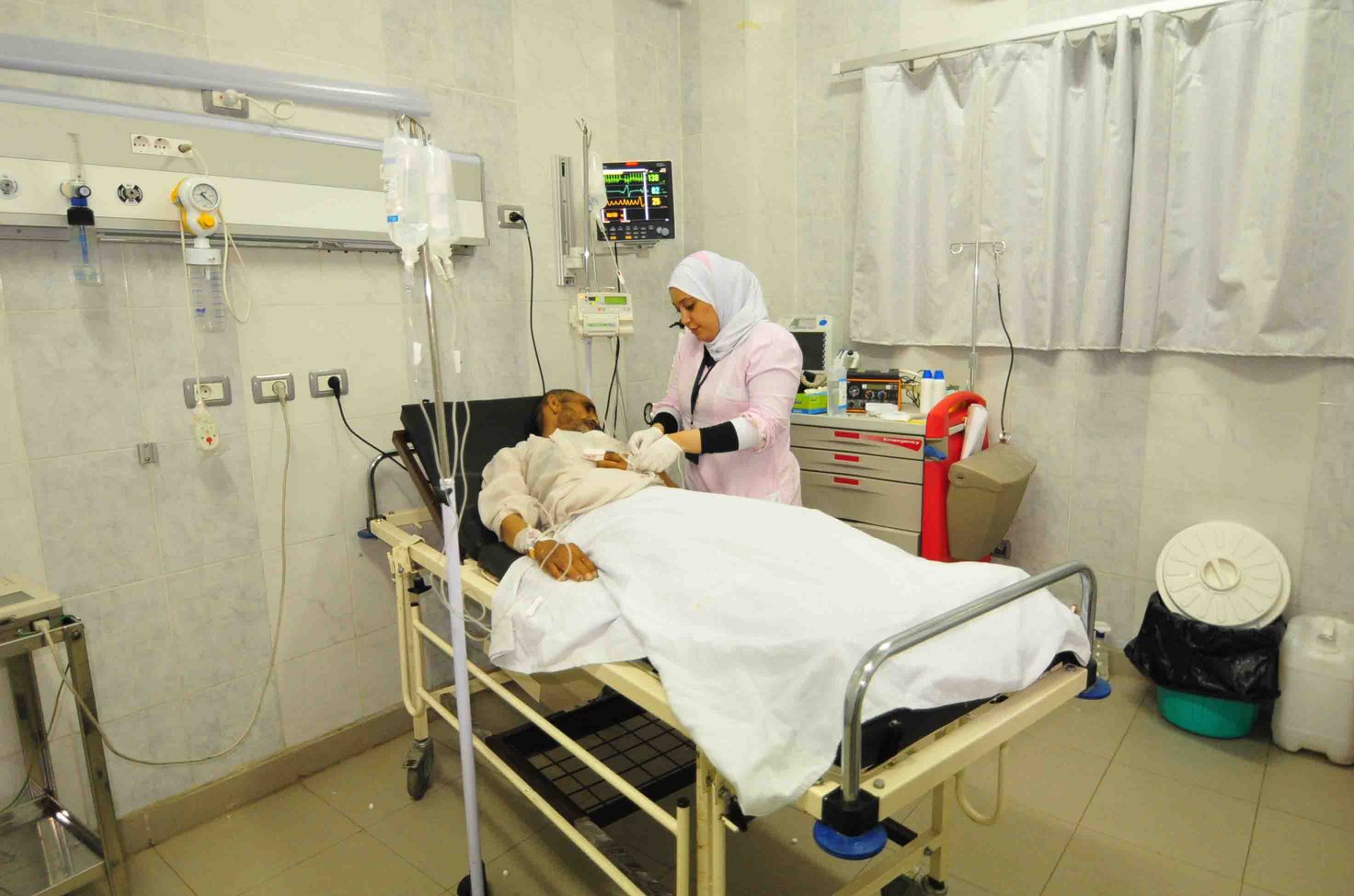AMMAN: UN leader Ban Ki-moon was on Tuesday meeting with Jordan’s King Abdullah II and senior officials at the start of a Middle East peace mission to raise pressure on Israel and the Palestinians to resume talks.
The UN secretary general was holding discussions with Prime Minister Awn Khasawneh and Foreign Minister Nasser Judeh, including about informal Israeli-Palestinian talks that Jordan hosted this month, officials said.
On Wednesday, he will hold key meetings with Israeli Prime Minister Benjamin Netanyahu in Jerusalem and Palestinian president Mahmud Abbas in the West Bank town of Ramallah, they said.
Direct Israeli-Palestinian negotiations have been frozen since September 2010. The two sides had contacts in Amman this month but no breakthrough has been reported.
"My visit comes at an important moment," Ban told a news conference in New York last week when he announced the trip. "I will be there to encourage both sides to engage in earnest and create a positive atmosphere for moving forward."
Ban is also expected to meet Israeli President Shimon Peres and other top officials from both sides during his stay, UN officials said.
EU foreign policy chief Catherine Ashton went to Jerusalem and Ramallah last week to press Netanyahu and Abbas to pursue the contacts. The United States has also been putting diplomatic pressure on the two sides, diplomats said.
The United Nations is part of the diplomatic Quartet that has been seeking to broker a Middle East peace deal, along with the European Union, Russia and the United States.
The UN secretary general met with the Quartet envoy, Tony Blair, the former British prime minister, at the Davos forum in Switzerland last week, a UN spokesman said. Blair is believed to be back in Jerusalem.
The Palestinians ended direct talks in 2010 in protest at Israel’s refusal to extend a moratorium on settlement building in the occupied territories.
While the international powers have all condemned Israel’s heightened settlement drive, the deadlock has also been increased by the Palestinians’ bid to gain international recognition elsewhere, including with an application for full UN membership.
Palestinian and Israeli negotiators held five rounds of exploratory talks in Amman this month on whether there is a route back to direct negotiations.
On Monday, the Palestine Liberation Organization blamed Israel for "the failure" of the preliminary talks.
"In light of the results of the Amman meetings, the PLO executive committee considers the Israeli government and it alone to be entirely responsible for their failure," Yasser Abed Rabbo, secretary general of the Palestinian umbrella organization, said in a statement.
"These meetings revealed Israel’s insistence to continue settlement activities and its refusal of a two-state solution on the basis of 1967 borders," the statement said.
Abbas has been consulting with Palestinian leaders. He said he will also hold contacts with an Arab League committee on the Middle East conflict before deciding his next move.
"There are pressures from many sides, prodding them to return to talks. But there are also elements from many sides — including events in Syria — which are holding them back," one official close to the Quartet contacts with the Israelis and Palestinians told AFP.
Asked on Sunday about the prospects of renewed peace talks, the Israeli prime minister said: "The signs are not particularly propitious." Israel says however that the Amman meetings should continue.
The diplomatic Quartet called on October 26 for both sides to present comprehensive proposals on territory and security within three months, as a first step towards resuming direct talks.
Diplomats said the Quartet’s main concern now is to make sure the unofficial contacts do not end.

